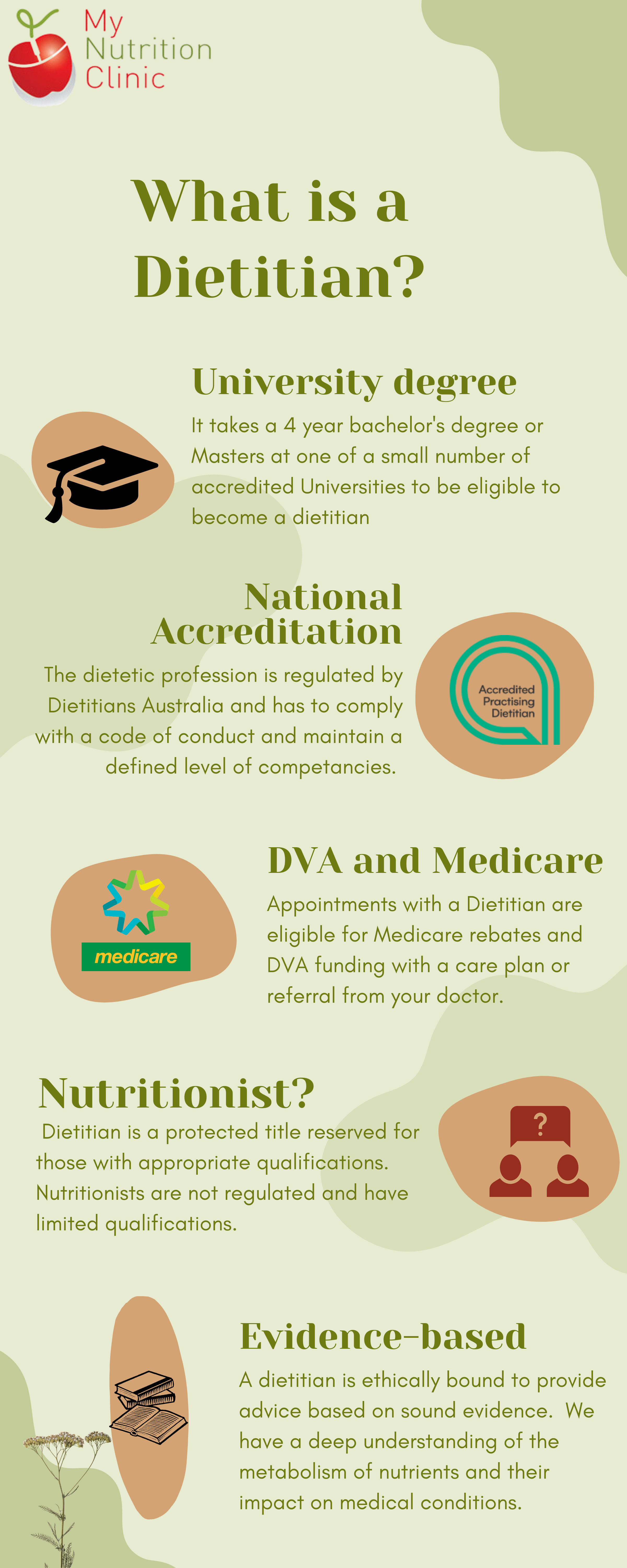All Categories
Featured
Table of Contents
-1
In the United States and numerous various other nations, a dietitian is a board-certified food and nutrition professional. They are very informed in the field of nutrition and dietetics the scientific research of food, nutrition, and their effect on human health and wellness. Via comprehensive training, dietitians acquire the experience to offer evidence-based clinical nourishment treatment and dietary counseling tailored to fulfill a person's demands.
-1To make these credentials dietitians-to-be should initially earn a bachelor's degree or equal credit histories from a recognized program at a college or university. Commonly, this requires an undergraduate scientific research level, including training courses in biology, microbiology, organic and inorganic chemistry, biochemistry, makeup, and physiology, as well as more specific nutrition coursework.
Healthy Eating For Pregnancy
-1This allows them to examine acute needs, prioritizing life-threatening problems. Inpatient and outpatient dietitians also offer nutrition education and learning to individuals with specialized needs, such as those newly out of surgical treatment, in cancer cells therapy, or identified with chronic health problems like diabetes mellitus or kidney illness. In the outpatient setting, they provide extra comprehensive nutritional therapy functioning in the direction of a nutrition-oriented goal.
-1They can likewise support for public laws with a concentrate on nourishment, food, and health concerns. Study dietitians usually operate in study medical facilities, organizations, or universities. They run within a research study group headed by a primary investigator and execute nutrition-focused treatments. When dietitians have actually made their credentials and are operating in the area, they can go on to specialize in a particular subcategory, such as pediatrics or sports dietetics.
-1They might furthermore show in a scholastic or research study institution or discuss nutrition-related topics. Others may function as health and wellness and nourishment experts in media or as public audio speakers. Dietitians are certified to handle nutrition therapy throughout a period of severe and chronic problems. The kind of problems they deal with depends most on the setting of their method.
Registered Nutritionist
-1In numerous states, such as Alaska, Florida, Illinois, Maryland, Massachusetts, and Pennsylvania, RDs and CNSs are approved the exact same state permit, typically called an Accredited Dietitian Nutritionist (LDN) certificate. In states that do not control making use of this term, anybody with an interest in diet plan or nutrition may call themselves a nutritionist.
-1Because uncredentialed nutritionists normally do not have the experience and training for clinical nourishment treatment and nourishment counseling, following their guidance might be considered unsafe (). Prior to speaking with a nutritional expert, you might want to inspect whether your state regulates who may utilize this title. In the U.S. states that don't manage the term, no degrees or qualifications are called for to be a nutritionist.

-1
In states that do mandate licensure, the CNS or RD credential may needed. Those with CNS credentials are health and wellness specialists like nurses or doctors with sophisticated health and wellness levels that have sought added coursework, completed supervised technique hours, and passed an examination looked after by the Board for Certification of Nourishment Specialists.
-1While several of these methods might have durable scientific backing, others might not. Giving nourishment suggestions without the appropriate expertise and training can be unsafe, especially when counseling those with health problems. If you are thinking about consulting a nutritionist, you may want to ask if they are a CNS or have state licensure or qualification, or one more credential.
Sports Nutrition Specialist ( Joondalup)
-1A number of states specifically regulate this term. Furthermore, nutritionists may pursue an innovative CNS qualification.
-1It can be challenging to help people make authentic, enduring modifications in their lives. Both dietitians and nutritionists give a variety of nutrition-based services to clients.
-1They need to have completed some degree of education and learning in their area. They are additionally needed to have completed up to a year of monitored job, working within a directed program at a health care center, catering organization, or area body. Dietitians have much better expectations positioned on their capabilities and degree of professionalism and reliability.
-1This indicates that there is no body that supervises their certifications and no particularly rigid standards that nutritionists demand to comply with in order to be able to exercise. Dietitians, on the various other hand, are signed up with country wide acknowledged bodies, such as the Dietitians Association of Australia. They have to comply with the National Competency Requirements for Dietitians.
Certified Dietitian

-1
Nonetheless, you can exercise as a nutritional expert without the same level of accreditation as a dietitian. Nutritional expert programs can differ in size and quality, with some as short as six weeks and covering far much less material than a dietetics course. Relying on your education and learning service provider, you can gain a substantial quantity of knowledge through studying an easy nourishment course; nevertheless it is very important to explore the program material prior to commencing.
-1This can consist of participating in industry seminars or checking out market publications. Nutritional experts, on the various other hand, typically gain their credentials in order to supplement various other credentials and supply much better guidance to their clients. Nutritionists can acquire work in a vast array of areas, consisting of public health recommendations, recommendations for people, and dealing with exclusive organisations.
-1Nutritional experts can function with showing off organisations, fitness centers, schools and encourage media outlets on basic terminology and proper usage of terms. Dietitians can work in many of the same functions as nutritional experts.
Clinical Dietitian – Warwick
-1Dietitians commonly deal with even more clinically sensitive clients. These can include those with diabetic issues, allergies, weight problems, cancer and intestinal conditions. As a result of the high level of expertise needed to offer solutions to these people, only approved dietitians are permitted to offer care. Several of the higher level functions with healthcare establishments can be extremely satisfying, and pay quite well.
-1In Australia there is a difference in between a dietitian and various other dietary wellness providers consisting of nutritionists. All dietitians are nutritional experts, but nutritional experts without a dietetics credentials can't call themselves a dietitian.
-1Dietitians with the Accredited Practising Dietitian (APD) credential commit to recurring training and education throughout their jobs. They abide by our standard procedure. Dietitians have the expertise and skills discovered in the National Proficiency Criteria for Dietitians. As a career, nutritionists are not controlled in Australia under NASRHP or licensed under a solitary governing body.
Vegetarian Dietitian – Warwick
-1If you have a persistent health problem and a treatment plan from your general practitioner, you might have the ability to declare a Medicare refund when you see an APD. Discover more concerning aid with costs when seeing a dietitian. The primary purpose of people functioning in the occupation of dietetics is personified in this declaration: The occupation of dietetics adds to the promo of health and wellness and the prevention and therapy of disease by optimizing the nutrition of populations, communities and individuals.
Latest Posts
Home 2
Aia Vitality – Bayonet Head
The Truth About Weighing Yourself ( Murray 6208)